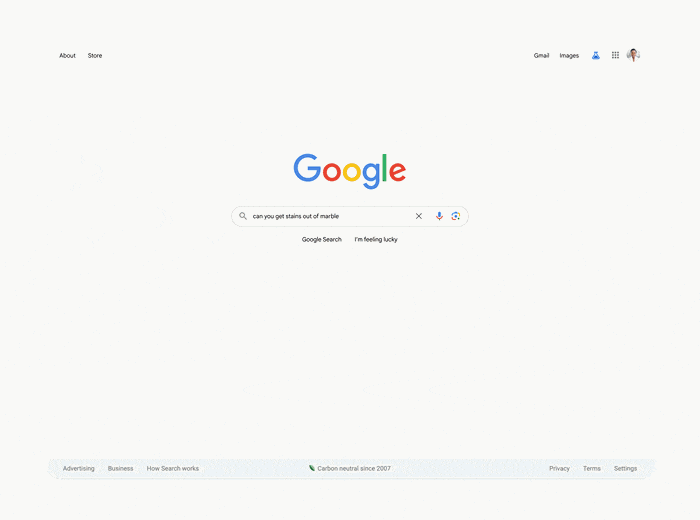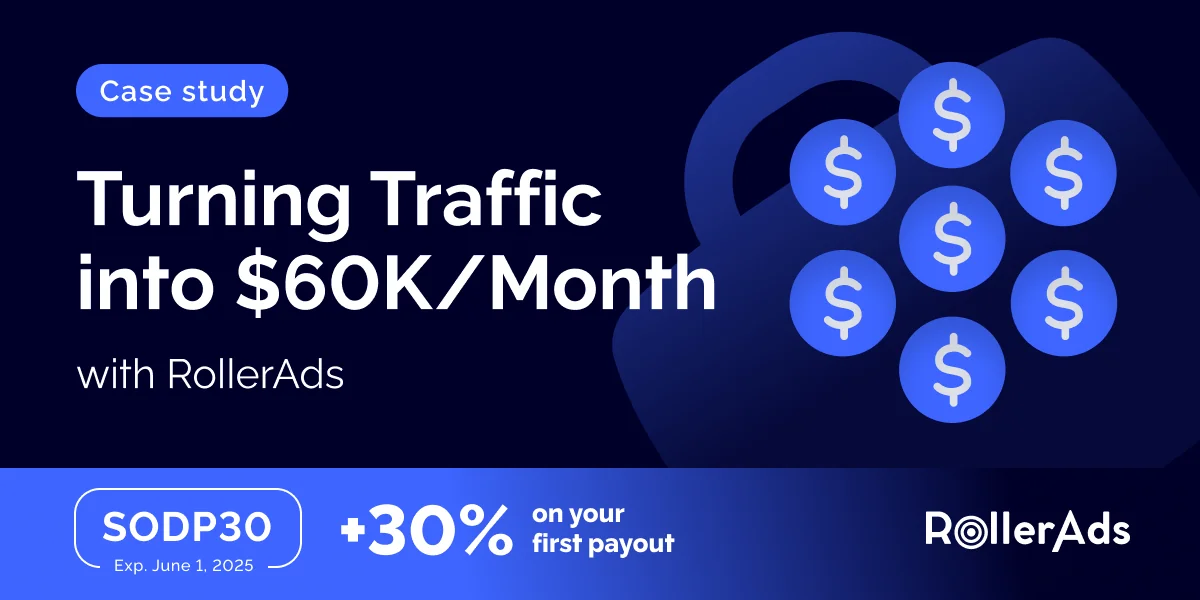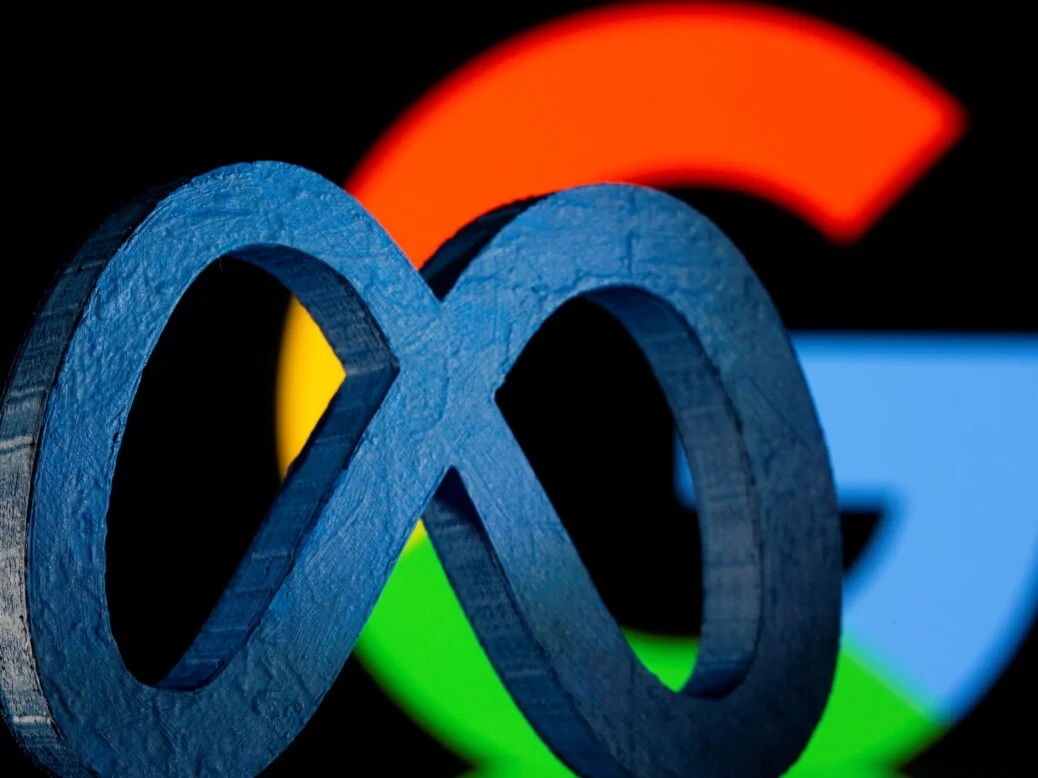Is Google a publisher? It’s a question that’s been occupying my thoughts of late. On the face of it, the answer is simple: Google doesn’t create content, so it’s not a publisher.
That was part of the tech giant’s defense in court against an Australian defamation suit.
The Supreme Court of Victoria ruled in 2020 that Google was a publisher because it showed links to articles and images that an Australian lawyer claimed were defamatory. The High Court of Australia overturned that ruling two years later, saying that the search engine giant was not a publisher but a facilitator of internet navigation.
But the tech sector is no stranger to disruption, which are moments that add shades of gray to previously black-and-white questions. Take the rollout of Google’s Search Generative Experience (SGE) as an example. Does integrating a large language model (LLM) to provide summaries to user queries mean that Google is now in the business of creating content?
Consider for a moment how the tech giant pitches its new product. With SGE, users can “quickly get up to speed on a new topic, uncover quick tips for your specific questions or discover products and things to consider”. It sounds like a pitch a publisher might give.
SGE expands Google’s traditional role of web navigator into one of interpretation. Bard will summarize content found across the web to bring its users “up to speed”. Look at the example Google itself provides below to see what I mean.

Sure, Google has made it clear that these summaries will include article links, but I suspect that most Search users will be satisfied with these summaries. The rise of zero-click searches, driven by Google’s quest to answer user queries without leaving the SERPs, should justify that stance.
From where I’m standing, SGE is the featured snippet’s next evolution.
SGE moves Google closer to being a publisher than most of us appreciate. One could argue that the Think with Google newsletter, where the tech giant’s editorial team provides reading product-related suggestions, means the search engine is already dabbling in brand publishing. Still, the scope of that newsletter’s coverage is narrow enough that it doesn’t seem to have threatened anybody in the industry. SGE is a different matter.
Given that there isn’t an easy way yet to identify which of Google’s crawlers is used for training Bard, there’s no cut-and-dried solution for blocking Google from crawling for AI training.
So, what does this mean for publishers? Well, it’s still up in the air, with some publishers striking deals with AI developers while preparing to wage war with others.
Ultimately, Google’s goal is to keep its users on its platform so it can make more money from ads. Hardly shocking news. Where that affects publishers is when the librarian begins spoiling books before you’ve even checked them out. It’s a crude analogy, but I’m sticking with it.
Content from our partners
Publishers may find themselves competing with tech giants for the same eyeballs. But until we’ve had enough time to analyze the technology in action, it remains difficult to know whether SEOs can optimize content to take advantage of SGE.
At the same time, I’m curious about what this new dawn looks like for Google and whether it’s prepared for a future as a publisher with associated responsibilities. We’ve already seen one senior court rule that it’s a publisher from simply providing links. Even if that ruling was later overturned, I doubt that the search engine giant will be able to duck responsibility for content its LLM created.
What safeguards can it implement, given the sheer number of queries it processes daily? No matter how much I dislike singing off with “time will tell”, I’m afraid it’s the best I have right now. Keep calm and produce great content.










